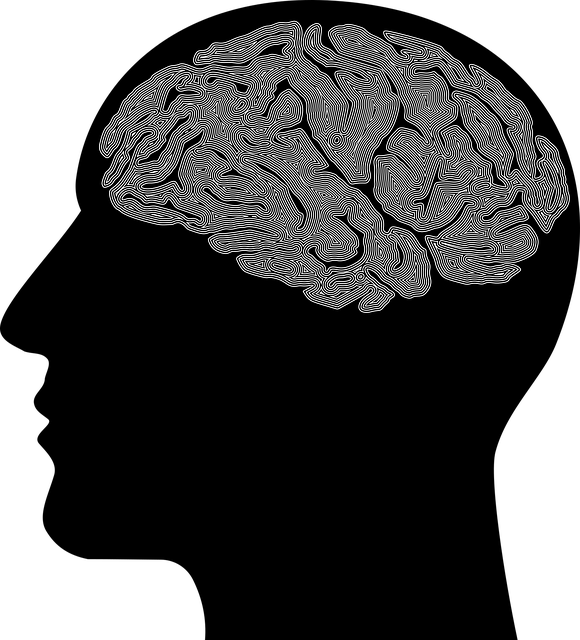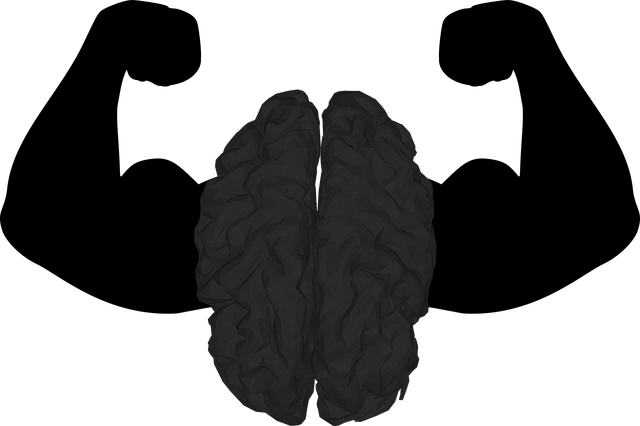Arvada Children's Therapy leverages a comprehensive data-driven approach for holistic treatment of children. They collect and analyze information from observations, interviews, and standardized assessments to understand each child's unique needs and progress. This method goes beyond symptoms to root causes, enabling personalized therapy plans focused on coping skills, resilience, and overall well-being. Through mixed methods combining statistical rigor and developmental psychology, therapists gain profound insights into childhood mental health dynamics. Ethical practices prioritize client privacy, confidentiality, cultural sensitivity, fairness, transparency, and evidence-based techniques tailored to individual needs in Arvada Children's Therapy.
Mental health data analysis is a crucial aspect of understanding and improving therapeutic outcomes, especially within specialized settings like Arvada Children’s Therapy. This article explores the comprehensive journey of data collection, from understanding unique challenges in child therapy to implementing effective analytical techniques. We delve into interpreting findings, offering valuable insights for treatment adjustments, while also addressing ethical considerations essential to maintaining client confidentiality and privacy. By examining these aspects, we aim to highlight the significance of data-driven approaches in enhancing mental health services at Arvada Children’s Therapy and similar institutions.
- Understanding Mental Health Data Collection at Arvada Children's Therapy
- Techniques for Effective Analysis of Child Therapy Data
- Interpreting Findings: Insights and Implications for Treatment
- Ethical Considerations in Mental Health Data Analysis
Understanding Mental Health Data Collection at Arvada Children's Therapy

At Arvada Children’s Therapy, understanding mental health data collection is a cornerstone of their comprehensive approach to treatment. They meticulously gather and analyze information from various sources, including direct observations, client interviews, and standardized assessments, to gain profound insights into each child’s unique needs and progress. This holistic process involves not just identifying symptoms but also delving into the root causes, thereby enabling tailored interventions for optimal development.
Arvada Children’s Therapy leverages data to foster coping skills development in young individuals. By interpreting mental health data accurately, they design personalized therapy plans that address specific challenges, enhance resilience, and improve overall well-being. Furthermore, their commitment extends to public awareness campaigns development and organizing stress management workshops, ensuring a supportive ecosystem both within and outside the therapy setting.
Techniques for Effective Analysis of Child Therapy Data

The effective analysis of child therapy data requires a multifaceted approach that combines statistical rigor with an understanding of developmental psychology. Researchers and therapists in Arvada Children Therapy often employ sophisticated techniques such as qualitative coding, thematic analysis, and mixed-methods designs to gain deeper insights into the complex dynamics of childhood mental health. Qualitative methods, including open-ended interviews and observation notes, can reveal nuanced details about a child’s experiences, behaviors, and emotional responses, which are crucial for tailoring interventions.
Additionally, quantifying progress through structured assessments and tracking changes in self-care routine development, inner strength, and resilience building are essential components of effective data interpretation. By integrating these various methodologies, therapists can not only measure the immediate outcomes of therapy but also understand the underlying mechanisms that contribute to a child’s mental health trajectory. This holistic approach ensures that the analysis is both comprehensive and actionable, guiding future interventions and enhancing the overall well-being of young clients in Arvada Children Therapy.
Interpreting Findings: Insights and Implications for Treatment

When analyzing mental health data, particularly within the context of Arvada Children’s Therapy, interpreting findings is a critical step that yields valuable insights and implications for treatment. By delving into the patterns and trends revealed through robust statistical methods, therapists and mental health professionals can gain a deeper understanding of children’s psychological well-being. This involves identifying risk factors associated with specific mental illnesses, such as anxiety, which has significant impacts on children’s daily lives.
The data can also guide the development and refinement of therapeutic interventions, ensuring they are tailored to meet the unique needs of each child. Moreover, by understanding the prevalence and correlation between different mental health concerns, professionals can contribute to Mental Illness Stigma Reduction Efforts, fostering a more compassionate and supportive environment for children struggling with their mental health. This, in turn, enhances the effectiveness of treatment and promotes better outcomes for young individuals.
Ethical Considerations in Mental Health Data Analysis

In the realm of mental health data analysis, ethical considerations are paramount, especially when dealing with sensitive information about individuals, including children. As Arvada Children Therapy centers often emphasize, privacy and confidentiality are foundational principles. Researchers must ensure that all data is anonymized to protect clients’ identities and prevent any potential stigma or discrimination. The interpretation of this data should also be conducted with cultural sensitivity, considering the diverse backgrounds and experiences of those seeking therapy.
Furthermore, fairness and transparency are vital. Public Awareness Campaigns for mental health can play a significant role in promoting understanding but must be developed and executed ethically. This includes ensuring that information is presented accurately and does not perpetuate harmful stereotypes or misinform the public. Stress management and confidence-boosting techniques, often discussed in these contexts, should be evidence-based and tailored to individual needs, respecting personal boundaries and autonomy.
Mental health data analysis is a powerful tool, as evidenced by the practices at Arvada Children’s Therapy. By employing effective techniques and ethical considerations, professionals can gain valuable insights from child therapy data. This not only enhances treatment strategies but also contributes to a more comprehensive understanding of mental health challenges in children. Through proper interpretation, practitioners can tailor interventions, ultimately improving outcomes for young patients.











